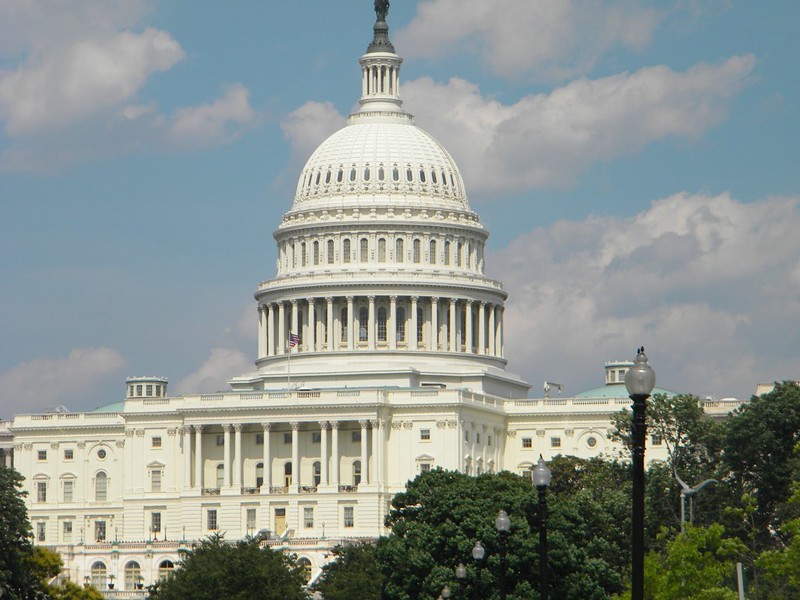
Reps. John Curtis (R-Utah) and Kendra Horn (D-Okla.) have introduced legislation that expands access to Health Savings Accounts and adds to the list of qualifying expenses for HSAs.
ATR supports this legislation and urges its swift passage.
HSAs are tax-advantaged savings vehicles for individuals to save and spend their money on a variety of healthcare needs. HSAs have become widely popular since their creation in 2004, with over 30 million American families and individuals using HSAs today to help meet their healthcare expenses.
Currently, there is a mandate that any American wanting to open or contribute to an HSA must be on a high-deductible health plan (HDHP). This restricts how funds can be spent and which plans qualify for HSAs, denying millions of Americans a chance to save and invest using these accounts.
The Curtis bill eliminates this mandate by decoupling HSAs from HDHPs, allowing Americans in Medicare, Affordable Care Act health plans, TRICARE, the VA, Indian Health Service and any employer plan to use HSAs. It will also help individuals pay for their deductible or any increased health care costs, allow HSA funds to pay for direct primary care, and allow telemedicine below the deductible.
This change will especially benefit high-risk populations like seniors that consume greater levels of healthcare and spend more money on prescription drugs.
This legislation is especially timely during the Coronavirus pandemic. Removing this rigid mandate will improve public health and help millions of Americans have access to care in a time of self-quarantine to prevent the spread of COVID-19.
Sen. Ted Cruz (R-Texas) and Rep. Ted Budd (R-NC) have also proposed decoupling HSAs from HDHPs for the duration of COVID-19 in the Pandemic Healthcare Access Act. ATR led a coalition of over 30 organizations in support of that legislation, which you can view here.
In addition, the Curtis bill adds to the list of qualifying expenses for HSAs, including:
- Nutrition supplements
- Telehealth services, which is currently only allowed for the duration of the pandemic
- Premium payments for individuals in individual marketplace plans that do not quality for federal cost-sharing subsidies
- Up to $500 for home gym equipment and $100 per month towards a gym membership
Taken together, these additional provisions will allow HSA users more flexibility in spending their funds for common healthcare expenses.
Finally, the Curtis bill allows dependents over the age of 16 to invest in HSAs, allowing Americans to begin saving and investing for their healthcare needs at a young age. The bill also increases the annual contribution limit for families and individuals to the annual out-of-pocket limit for the plan year.
Ultimately, the Curtis bill enacts numerous commonsense provisions that will expand access to HSAs for millions of Americans and give them greater flexibility in saving and investing for their healthcare needs. In the middle of a global pandemic, this legislation is a strong step towards improving public health and getting Americans the care they need.

